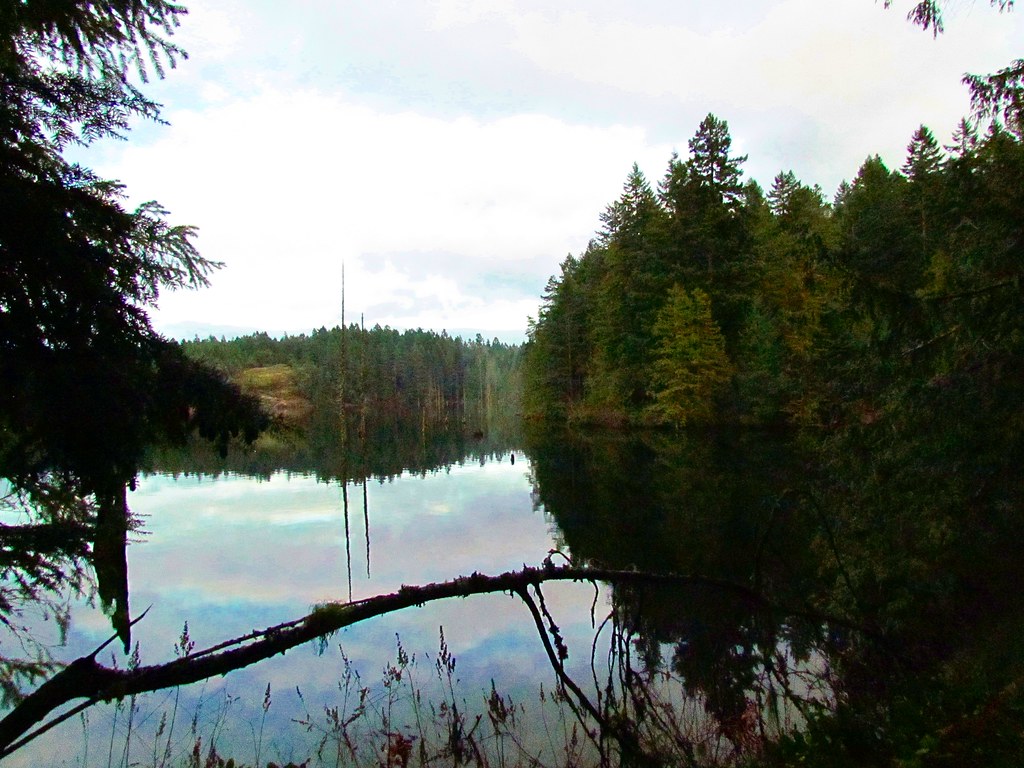
Meditation VIII.50 - The Thorny Briar: A Stoic Parable - Translated by George Long and rewritten by Russell McNeil
A cucumber is bitter. - Throw it away. - There are briars in the road. - Turn aside from them. - This is enough. Do not add, And why were such things made in the world? For you will be ridiculed by one who is acquainted with nature, as you would be ridiculed by a carpenter and shoemaker if you did find fault because you see in their workshop shavings and cuttings from the things which they make. And yet they have places into which they can throw these shavings and cuttings,1 and the universal nature has no external space; but the wondrous part of her art is that though she has circumscribed herself, everything within her which appears to decay and to grow old and to be useless she changes into herself, and again makes other new things from these very same, so that she requires neither substance from without nor wants a place into which she may cast that which decays. She is content then with her own space, and her own matter and her own art.2
Explanation
(1) Marcus is teaching us the art of accommodation. There is a purpose for everything. The examples he offers are from nature herself, but the message is moral. Bitter foods and thorny plants like the briar might seem to complicate life, but ought not give cause for frustration or anger. Anyone who understands nature understands both purpose and utility. Just as we learn to maneuver through nature without complaint, we learn to accommodate and turn aside from the inevitable bitterness and sharpness in our human relationships. What is important is that we understand the inevitability of strife. There are reasons underlying the troubles we face. Expect them and learn to step aside from them.
(2) Nature recycles everything. What is bitter, rotten or seemingly wasted always becomes the raw material for new elements within her realm. This meditation is used as a teaching tool for anyone troubled by the frustrations that seem to impede our life goals. We ought to imitate nature in our actions. Frustrations can be seen not as impediments designed to throw roadblocks to being successful, but as part of the drama of living. If we adopt the attitude of welcoming and adapting and expecting bitterness and pain, and seeing these obstacles as raw materials for creative and virtuous responses, the meaning of life and the directions we ought to follow in our lives will become more apparent to us.
Russell McNeil, PhD, is the author of The Meditations of Marcus Aurelius: Selections Annotated and Explained by Skylight Paths Publishing. The unpublished selections presented in this Blog are provided as supplemental material to the published selections which are annotated and explained in the book. The published selections are referenced in this Blog by page number and section.
1 comment:
powerful wisdom!
new to your work, thanks for posting!
Post a Comment